Liion vs LiPo Batteries Difference, Better, Safety and Usages YouTube

In the realm of nickel metal hydride vs lithium ion battery, there's a contrast in voltage drop. NiMH cells might show a steep decline after 1.2V. In contrast, Lithium cells have a steadier descent from 3.7V. Understanding such drops is crucial for ensuring effective power output. Users might witness better performance consistency with Lithium.
Characteristics of Nickel Metal Hydride Batteries Voltage, Capacity & Selfdischarge
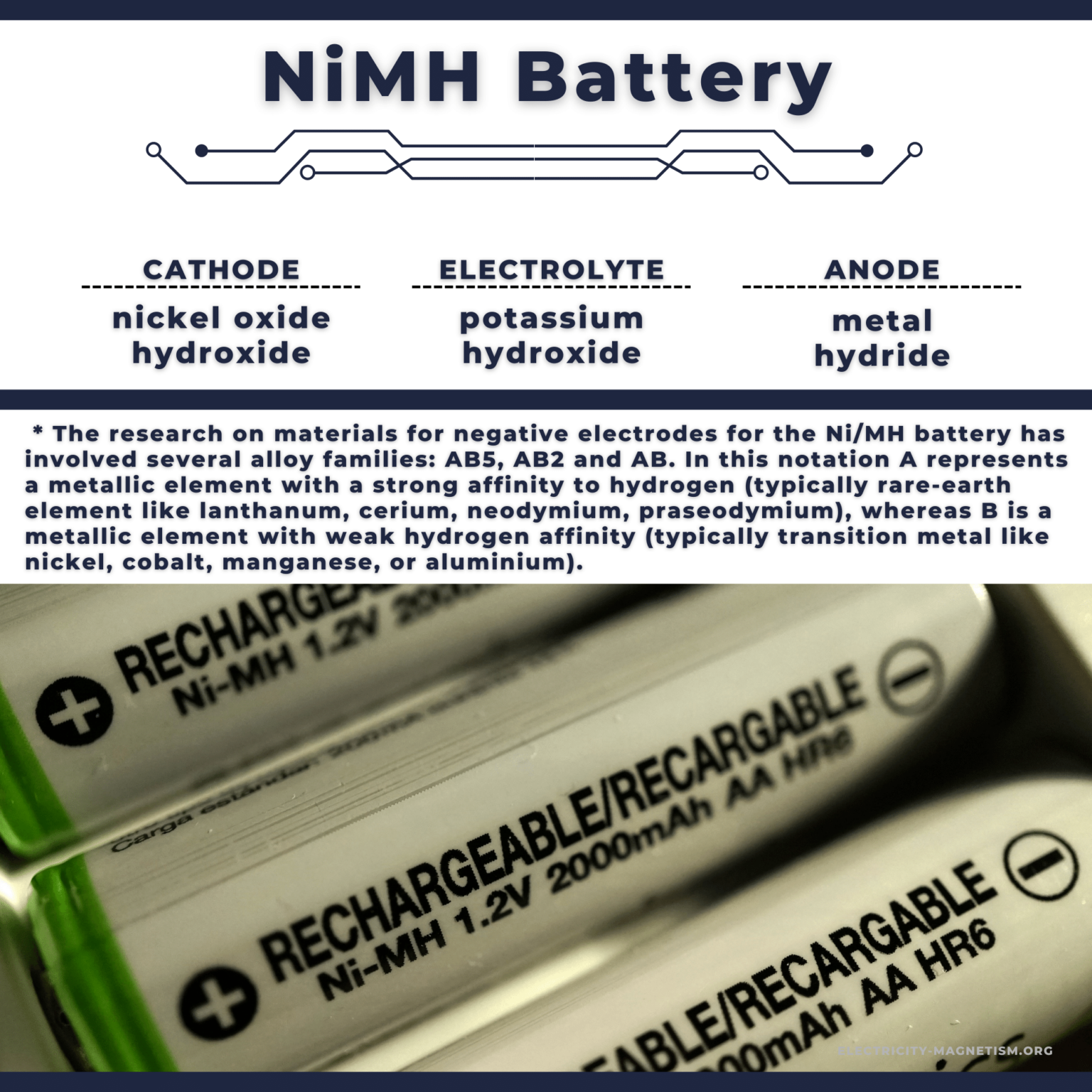
The most obvious difference between Li-ion and NiMH batteries is the material used to store power. Lithium-ion batteries are made of carbon and highly reactive lithium, which can store a lot of energy. Nickel metal hydride batteries use hydrogen to store energy, with nickel and another metal (such as titanium) keeping a lid on the hydrogen ions.
Nickel Metal Hydride Battery Vs. Lithiumion Battery Which Is Better?
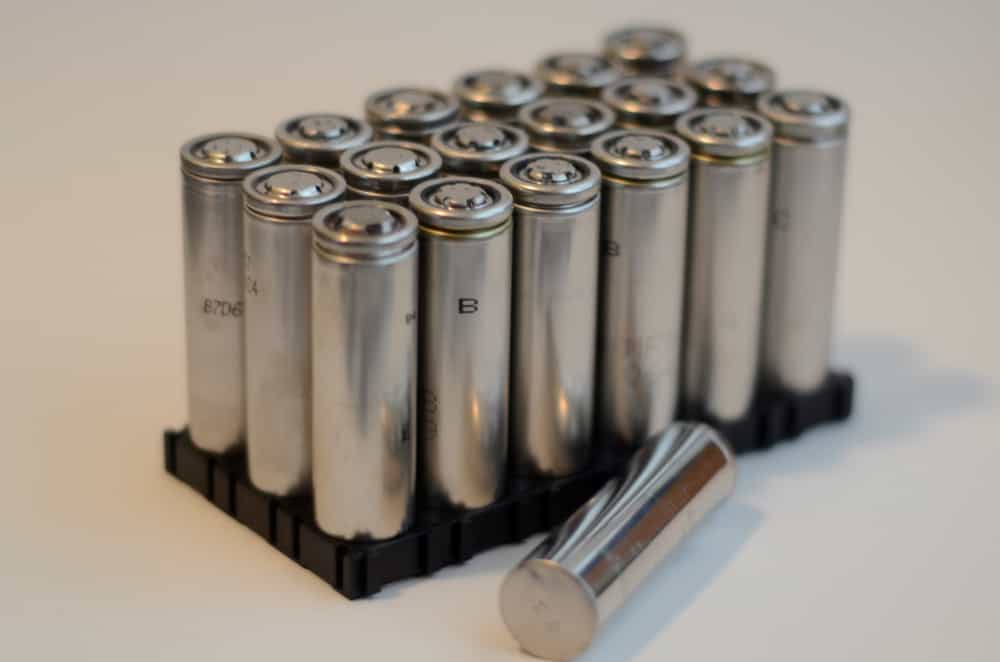
The self-discharge rate of NiMH batteries is higher than that of lithium-ion batteries. The process of NiMH batteries on the market is different. Some batteries may even lose up to 25% - 35% of their initial power within a month. The average voltage is relatively lower than that of lithium-ion batteries, about 1.2V.
What Is Better Lithium Ion Or Lithium Polymer Polymer Lithium Ion Battery 40mAh / Which
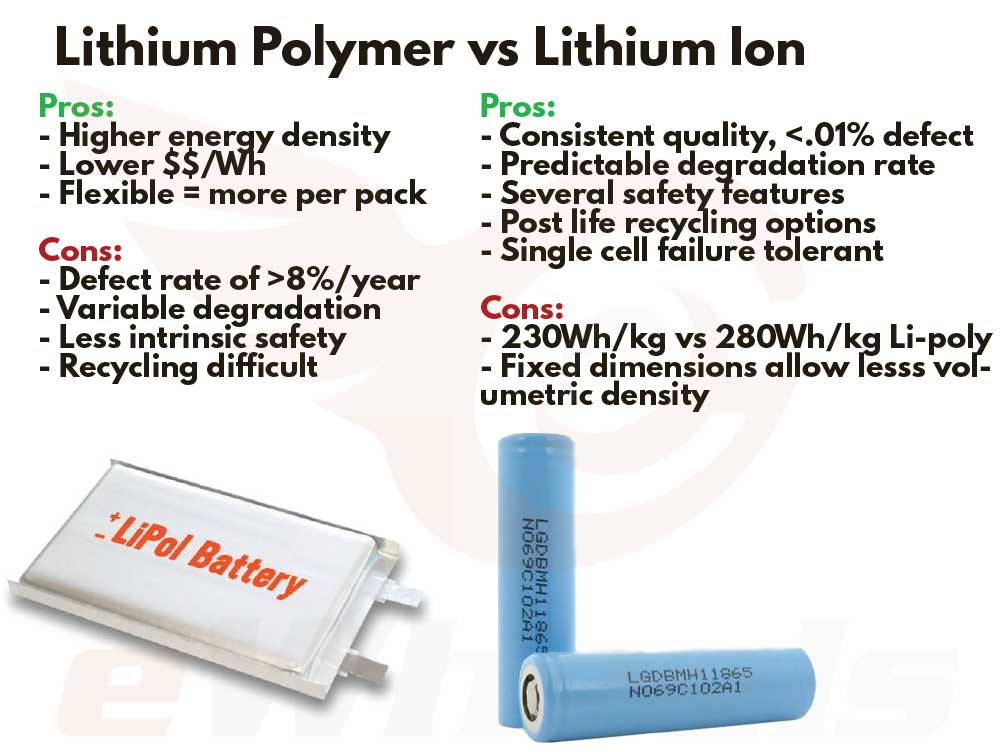
The kind of battery you pick can totally change how well your project works, how long it runs, and how safe it is. In this little adventure, we're going to dive deep into the world of batteries and check out two cool types: Nickel Metal Hydride (NiMH) and Lithium batteries (the fancy ones are Lithium-Ion or Li-Ion and Lithium Polymer or LiPo).
The Best Batteries for Emergency Preparedness & Storage Survivalist Prepper

In the LiFePO4 vs NiMH battery showdown, there's no one-size-fits-all answer. Both battery technologies have their strengths and weaknesses, catering to diverse needs. Consider factors like lifespan, energy density, safety, and cost when making your decision. Whether you're powering up your remote control or planning an off-grid energy system.
Lithium Vs NIMH AA Batteries What Is the Best Battery?

NiMH Battery Pros. This modern battery technology offers plenty of benefits compared to NiCad or Lithium-ion. A high-capacity battery means you can use these for high-powered devices. They are less prone to memory effect than NiCad batteries. They are less vulnerable when exposed to high temperatures than lithium-ion batteries.
Specific energy of nickelmetal hydride (NiMH) and lithiumion... Download Scientific Diagram

Voltage: Think of this as the speed your gadget runs at. Li-ion leads with the highest voltage, followed by Lithium Iron and NiMH. Energy Density: This tells you how much power the battery can hold. Lithium Iron often has the highest capacity. Cycle Life: Lithium Iron wins the longevity race, offering thousands of uses before wearing out.
Detailed comparison on nickelmetal hydride vs lithium ion AA batteriesTycorun Batteries
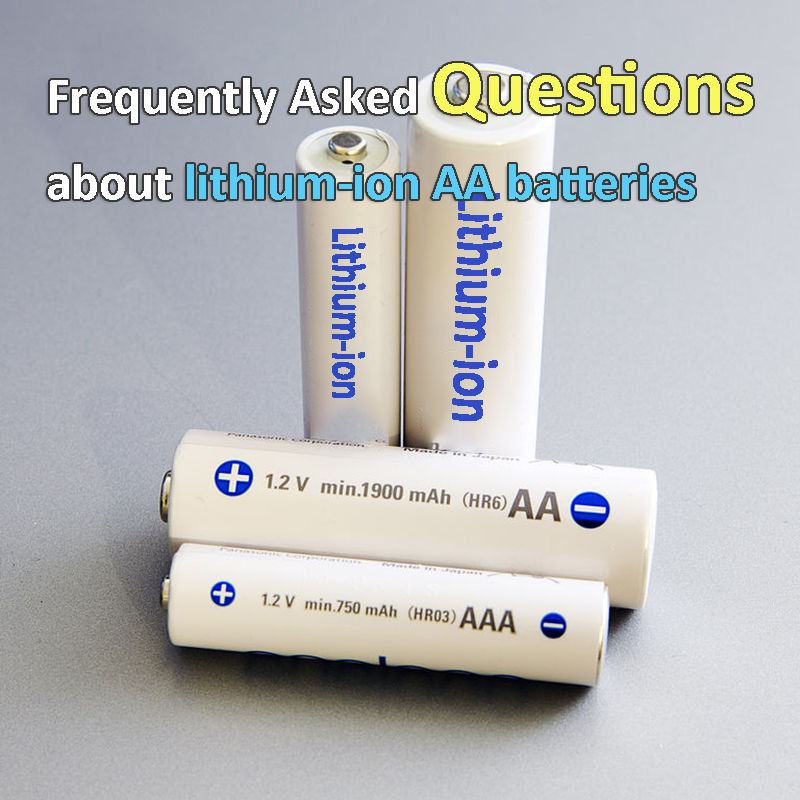
This is the difference in shape between lithium-ion vs. NiMH batteries. Higher Voltage Output; One cell can produce 3.7V, while two NiMH cells can only deliver 2.4V. Faster Charge; Li-ion batteries can be charged in 1-3 hours, depending on the capacity. This is faster than the 10-12 hours required for NiMH batteries.
NiCad vs. NiMH vs. Lithiumion Which Battery Type is Best YouTube

Lithium batteries have a higher energy density compared to NiMH batteries, which means they can store more energy in a smaller size. This also means that lithium batteries have a higher voltage output than NiMH batteries. A single lithium cell can deliver 3.7 volts, while even two NiMH cells can only give 2.4 volts.
The difference between primary and secondary battery chemistries Battery Power Tips
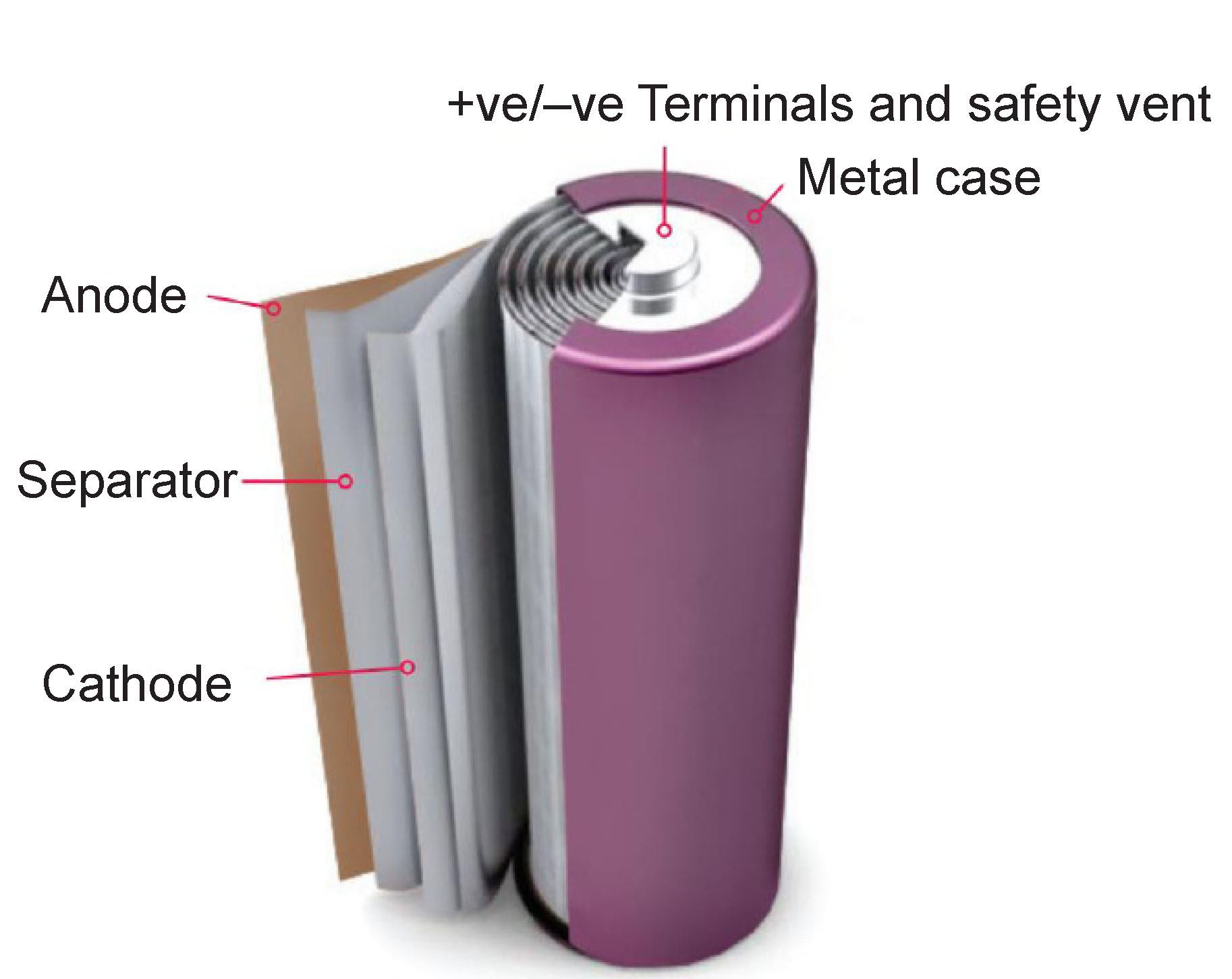
An Overview of Lithium-ion Batteries. Lithium-ion (Li-ion) batteries have gained widespread popularity in recent years due to their high energy density and lightweight design. They utilize lithium compounds as the positive electrode (cathode) and carbon/graphite as the negative electrode (anode).
Battery Type Comparison Lead Acid VS NiMH VS LiIon VS LiPo YouTube

This translates to reduced driving ranges, which can be a significant drawback for consumers concerned about range anxiety. And, NiMH batteries have a higher self-discharge rate than lithium-ion.
Detailed comparison on nickelmetal hydride vs lithium ion AA batteriesTycorun Batteries
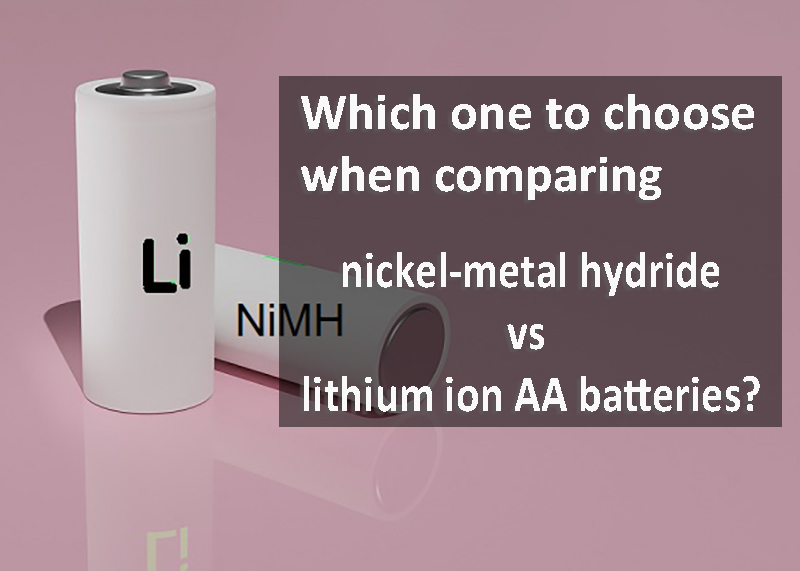
While nickel-metal hydride (NiMH) and lithium-ion (Li-ion) batteries play essential roles in engineering systems, they have different applications. NiMH batteries replaced the older nickel-cadmium batteries and tend to be more cost-effective than lithium-ion batteries, with a life cycle of roughly two to five years [1].
NiMH vs. Liion A Battery Comparison TurboFuture
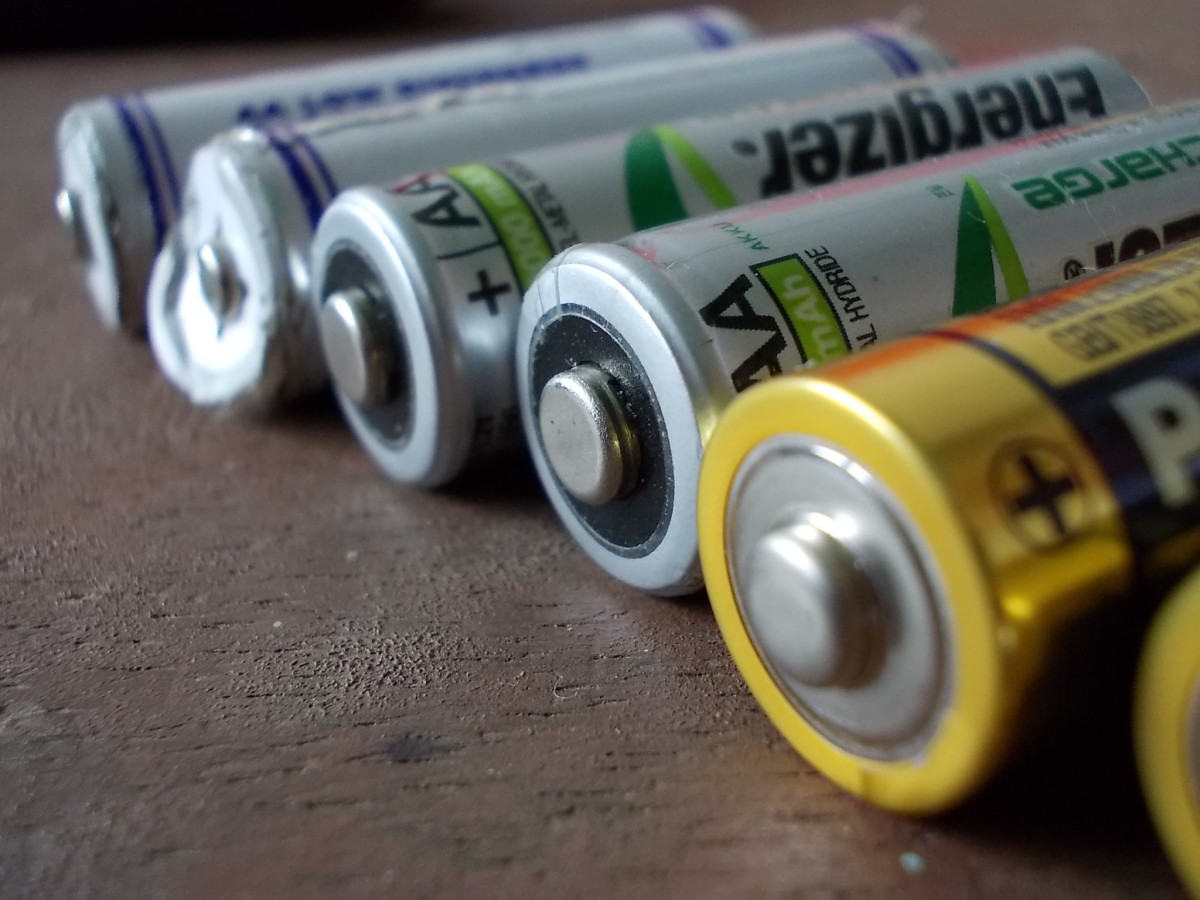
Ideally NiMH batteries operate like any other alkaline battery, with a few adjustments to it to make it more efficient. They do operate at a lower voltage in comparison to lithium ion batteries at 1.2 volts. This translates to the need of using several cells to give off the same amount of voltage, compared to a lithium ion counterpart.
Nickel Metal Hydride (NiMH) Batteries vs Lithium Ion (Liion) Batteries, What are Differences

Low Voltage Output: Each AA cell can only give 1.2v, compared to Li-ion cells that can give 3.7v. Long Charging Time: The standard charge time of a NiMH is 10-12 hours. Fast charging these cells can result in damage. Li-ion cells can be charged at around 1-3 hours, depending on capacity.
Lithium Metal Battery vs Lithiumion Battery Which Is Better Polinovel
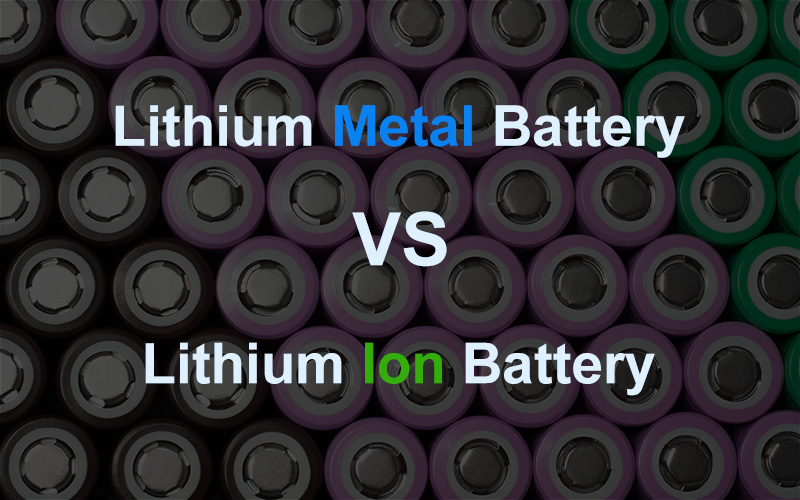
The electrolyte is made of lithium salt in an organic solvent. The cells in a Li-ion battery have a much greater energy density than NiMH batteries and are capable of generating an impressive 3.6V of power. All Li-ion batteries contain an integrated circuit used to control the input and output voltage of the battery.
Batteries Alkaline vs NiMH vs Lithiumion YouTube

Charging and discharging rates. NiMH VS lithium ion batteries difference is about the charging and discharging rates. NiMH works better at 1.2 volts, which is lower than the voltage of a lithium-ion battery. A lithium ion battery works on 3.6 volts higher than the NiMH batteries. Another major difference between ni-mh VS li-ion is that the.